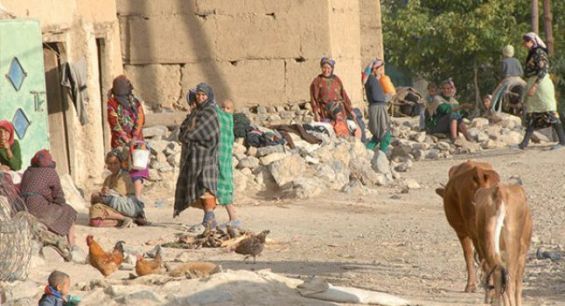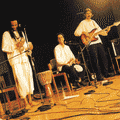Morocco is ranked 123rd by the Human Development Indices and Indicators : 2018 Statistical Update, which measured average achievements in key dimensions of human development in 189 countries.
For the report, Morocco’s human development index reached 0.667 in 2017, positioning at the bottom of the list that includes MENA region’s countries. The Kingdom is behind the UAE 34th, Qatar 37th, Saudi Arabia 39th, Oman 48th, Kuwait 56th, Lebanon 80th, Algeria 85th, Jordan 95th, Tunisia 95th, Libya 108th, Egypt 115th, Palestine 119th and Iraq 119th.
According to the report, the Kingdom’s human development index grew between 1999 and 2017, moving from 0.458 to 0.667, an increase of 45.5 percent.
The value of life expectancy at birth increased by 11.4 years from 1990 to 2017, with a score of 76.1. The expected years of schooling in Morocco also grew by 3.3 years during the same period (1990-2017), scoring 12.4 points.
Mean years of schooling jumped to 5.9 between 1990 and 2017. Meanwhile the Kingdom’s gross national income per capita increased by 93.2 percent.
A global progress between 1990 and 2017
Although it is positioned behind several Arab countries, for the Human Development Indices and Indicators 2018 Statistical Update, Morocco’s 2017 HDI is above the average of 0.645 for nations in the medium human development group. It is, however, below the average (0.699) for countries in the Arab World. Morocco’s performance in the HDI report is closer to countries like Tunisia and Libya.
Meanwhile, Morocco’s 2017 female HDI value is 0.598 in contrast with 0.713 for males. For the gender inequality index, the Kingdom scored 0.482, ranking 119 out of 160 countries in 2017.
Speaking about women, only 18.4 percent of parliamentary seats are held for female politicians in the country. On the other hand, only 28.0 percent of adult women have managed to reach a secondary level of education compared to men (34.8 percent).
The report indicates that the female participation in the labor market was limited to 25.0 percent in 2017, compared to 74.1 percent for men.
For the report, «the overall trend globally is toward continued human development improvements, with many countries moving up through the human development categories: out of the 189 countries for which the HDI is calculated, 59 countries are today in the very high human development group and only 38 countries fall in the low HDI group».
The report was topped by Norway, Switzerland, Australia, Ireland and Germany.





 chargement...
chargement...













